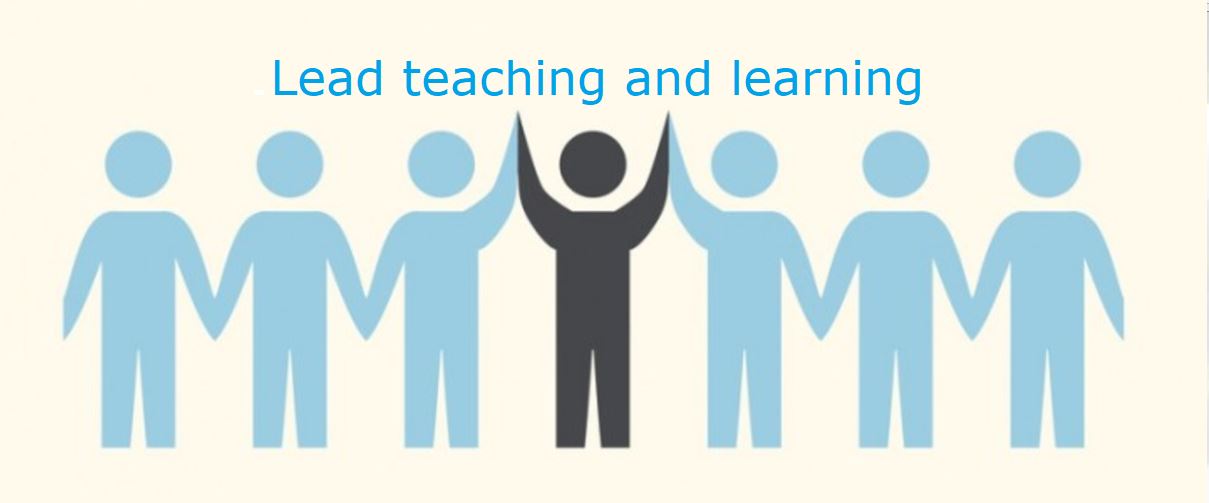TRAIT THEORIES
What
characteristics should leaders have? Choose five characteristics a good leader
should have.
- Motivation: the community realises when someone has motivation to do his job
- Integrity: a leader should make fair decisions thinking about the consequences of his actions and taking into account all the perspectives and different aspects involved.
- Inspiration: leaders should inspire others to be the best version of themselves, to improve and to work hard.
- Responsibility: a leader should be aware of the importance of taking responsibility of his group. Obviously, this responsibility should be shared as the model of leadership has to be distributed and democratic.
- Recognition (as leaders, from the community): a leader is only a true leader when the members of the community he is leading recognise him as one. When this does not happen, people are led by fear or imposition. These two attitudes are never an inspiration for people.
I I also liked the characteristics that appear in this picture I found in Google:
Reflect about
the trait theories considering the following questions:
-
Are there universal traits? Can these traits predict leadership in all
situations?
I
thought there were universal traits but it is also true that they change
depending on the context. It’s not the same to speak about leadership among
students, among teachers or in different societies.
Perspectives
about leadership have changed depending on the socioeconomic and historical context,
which modifies the way we see it. When we talk about leadership, we must
specify all these aspects in order to better understand it and avoid
generalisation.
Let’s
analyse a personal example. I worked for a volunteer group for more than five
years. We helped immigrant children with their homework and personal
situations. Most of the families were South American and some others where
Arabic.
Our
leader was really charismatic and she knew well that it was not the same being
a leader for her old school, were the most valued traits had been
responsibility, fairness or sometimes distance, than being leader in this
group. What parents expected here was a closer leader, who spoke with them very
nicely, hugged and kissed their children, went to their houses whenever they
needed, organised informal activities without really planning them as carefully
as she used to do it before. This community recognised her as a leader because
of her motivation to do this. The previous community had recognised her as a leader
because of her ability to plan the curriculum, to organise her class and to
inspire children. I am sure that she could not have been a leader of the
volunteer group if she had behaved exactly the same as she did in the first
example.
So
yes, leadership traits change depending on the context.
-
Is there real correlation between leadership and traits?
Not
always, because as a definition of leadership is difficult to provide,
concreting traits is an erroneous way to define it. Depending on the context,
some traits will be characteristic of a type of leadership or another.
-
Do those traits determine success or achievement?
No,
sometimes a leader with different traits arrives with new ideas and a new way
of working and seeing things (new perspectives) and changes the way a community concieves leadership. It is in constant evolution so traits also evolve and have to be adapted.
-
What about if you have those traits but no motivation?
Well,
maybe to me motivation is one of the most important traits so I don’t think a
person can lead a group or a community without wanting to. In fact, when
someone is forced to become a leader without willingness to do it, with no
personal project, it is aimed to fail.




No hay comentarios:
Publicar un comentario